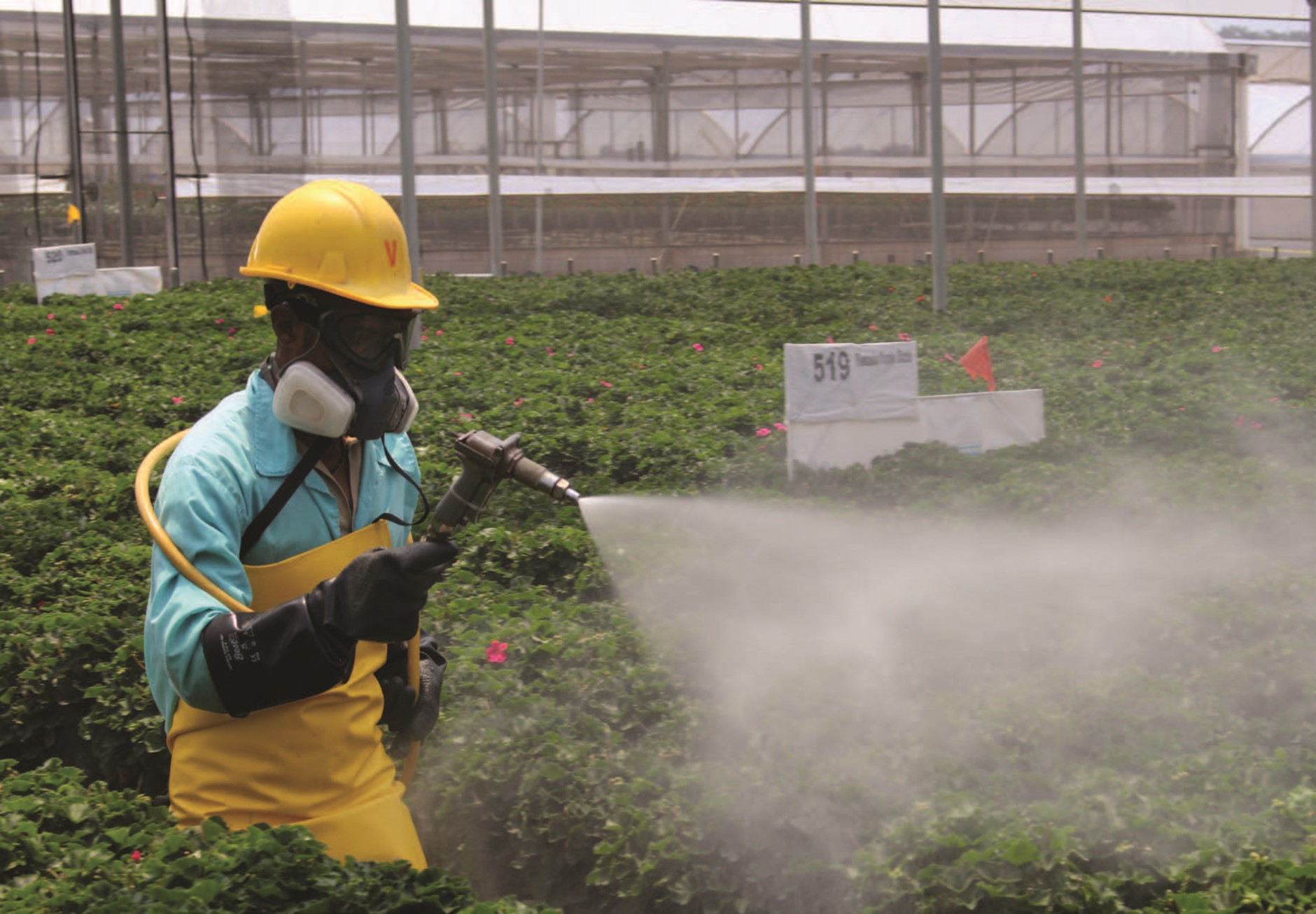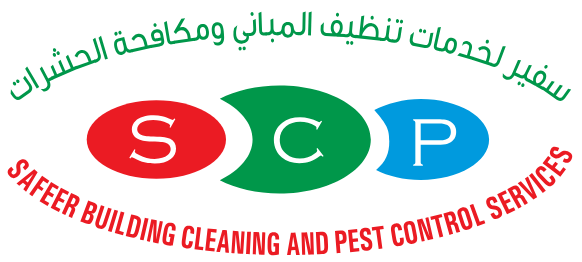
Pesticides are chemical substances used to kill pests like insects, weeds, fungi, rodents, etc. Pesticides may be effective tools for eliminating criminals, but they can pose a risk to human and environmental health if not used properly. Therefore, it is important to adhere to a few fundamental principles while using pesticides to eliminate pests. Read on to learn how to use pesticides properly and how to handle them safely to prevent unfavourable results.
Before using any pesticide, read the label carefully and follow the instructions exactly. The label contains information on the product name, active ingredients, target pests, application rates, safety precautions, personal protective equipment (PPE), environmental hazards, and disposal methods. The label is the law and must be followed to avoid misuse and harm.
Choose the right pesticide for the right pest and the right situation. Do not use more pesticide than needed or apply it more often than recommended. Use the lowest effective dose and the least toxic product available. Avoid using broad-spectrum pesticides that kill beneficial organisms as well as pests.
Apply pesticides only when and where they are needed. Do not spray pesticides outdoors on a windy day or when it is raining or about to rain. This can cause drift and runoff that can contaminate water sources and harm non-target organisms. When spraying outdoors, close the windows to your home and notify your neighbors if possible.
Wear appropriate PPE when handling and applying pesticides. This may include gloves, goggles, masks, respirators, coveralls, boots, and hats depending on the type and toxicity of the pesticide. PPE should be cleaned and dried after each use and stored separately from pesticides.
Keep children, pets, and other people away from treated areas until the pesticide has dried or as directed by the label. Do not allow anyone to enter or touch treated surfaces until it is safe to do so. Wash your hands and any exposed skin thoroughly with soap and water after using pesticides.
Store pesticides in their original containers with labels intact. Do not transfer pesticides to other containers or mix different products together. This can cause confusion, accidents, and chemical reactions that can reduce effectiveness or increase toxicity. Store pesticides in a cool, dry, well-ventilated, and secure place away from children, pets, food, feed, seeds, and other chemicals.
Do not store pesticides in basements or areas prone to flooding or extreme temperatures. Lock the storage cabinets and mark them with signs that indicate the presence of pesticides.
Keep an inventory of your pesticide stock and check it regularly for leaks, spills, or damage. Dispose of any expired, unwanted, or unusable pesticides according to label directions or local regulations.
Mix only the amount of pesticides you need for each application. Do not mix more than you can use in one day or store mixed solutions for future use. This can reduce effectiveness and increase risks of spills and contamination.
Mix or dilute pesticides outdoors or in a well-ventilated area. Use clean water and equipment for mixing and measuring. Do not use food or drink containers or utensils for mixing or applying pesticides.
Follow the proper mixing sequence of various formulations and fertilizers as instructed by the label. Some products may be incompatible with each other and cause physical or chemical problems such as clumping, foaming, settling, or reduced activity. To test for compatibility, perform a small-scale jar test before mixing large quantities.
Add pesticides to water slowly and carefully while stirring or agitating the mixture. Avoid splashing or spilling pesticides on yourself or surroundings. Rinse empty pesticide containers three times and add the rinse water to the spray tank.
Dispose of unused or leftover pesticides according to label directions or local regulations. Do not pour pesticides down the drain, into sewers or storm drains, onto the ground, or into water bodies. This can cause pollution and harm wildlife and human health.
Dispose of empty pesticide containers according to label directions or local regulations. Triple-rinse containers before disposal and puncture them to prevent reuse. Do not burn or bury pesticide containers unless allowed by law.
Dispose of contaminated PPE, equipment, and materials according to label directions or local regulations. Do not wash them with household laundry or in public water systems. This can expose others to pesticide residues.
Keeping a space healthy and productive requires effective pest management. Pesticides must be used responsibly and with proper caution to prevent harm to human health and the environment. You can achieve successful pest management while lowering hazards according to these instructions on pesticide usage, storage, mixing, and disposal.
If you are looking for a reliable and professional pest control company in Abu Dhabi, you should consider Al Safeer Building Cleaning & Pest Control Services. We are a top pest control organization that provides a variety of services to safeguard your residence and place of business from pest infestations and illnesses. We have years of industry experience, and our staff of highly skilled and knowledgeable specialists can manage any pest issue quickly and safely. We use only high-quality and state-of-the-art tools to give you the best results. We also adhere to local laws and international standards for sanitation and pest management. We are authorized by the Abu Dhabi Economic Department and registered with the Abu Dhabi Municipality Pest Control Section.
We use environmentally friendly pest control products and techniques because we care about the environment. We don't use toxic substances that are bad for the environment or our health. All of our products are authorized by the Abu Dhabi Municipality as organic and biodegradable. This is what makes us the best disinfection service providers in Abu Dhabi. Visit our website or call our customer care to know more.
Tags: Pest control company Abu Dhabi, Professional pest control Abu Dhabi, Pest management services in Abu Dhabi, Safe pest control Abu Dhabi, Local pest control Abu Dhabi, Pest control package in Abu Dhabi
